Festival of Ideas 2022 - CYTREC Presentation
The internet is not always a safe place.
In many ways, our lives depend on it, given the increasingly digitally connected nature of our world. Unfortunately, many of us have experienced its dangers.
Last week, the Computational Foundry hosted their Festival of Ideas, at Swansea University’s Bay Campus. Professor Stuart Macdonald from the Cyber Threats Research Centre in Swansea University (CYTREC) was joined in a thought-provoking panel discussion by Professor Yvonne McDermott-Rees, human rights professor and open-source investigation expert, Dr Joe Whittaker, criminology lecturer and online radicalisation specialist, and Professor Nuria Lorenzo-Dus, Professor of Applied Linguistics, to discuss some of their projects as well as the interconnectedness of law and computer science.
Some of their projects discussed were: project TRUE (https://www.trueproject.co.uk) which focuses on analysing the impact of deepfakes on accountability of processes for human rights violations; Dr Whittaker’s work explores how right-wing extremism is promoted through the platforms; and the Dragons project (Dragon Spotter/ Dragon Shield) is a two-fold interdisciplinary project combining linguistic analysis and computer science to identify and fight online grooming.
Interestingly, one of the biggest challenges in collecting social media evidence is often this content gets removed. Under the pressure of immense fines, social media platforms are obliged to keep their websites free of any potentially harmful content. To this end, they employ artificial intelligence algorithms that both recognise and remove content deemed as such, and often completely prevent it from being uploaded. And, while platforms claim that their algorithms are accurate about 99% of the time, these figures do not account for all the posts falsely identified as harmful and deleted, which is a whole other issue by itself. Private NGOs are working towards archiving as much of the content as possible, but storing, organising and retrieving such a huge amount of data can be a challenging task.
All of the panellists have a social sciences background but have engaged in collaborations with computer scientists in interdisciplinary projects. Their experiences, while different, all come to similar conclusions on how to bring together people of such different backgrounds seemingly, opposing fields. One of the main observations is the difference in perspective between the two disciplines; law being a predominately theoretical science, while computer science is mainly a practical one. The difference in approach seemed to make an impression to both ends of the collaboration, while at the same time, the anecdotal fact that whatever legal experts thought would be a feasible and working solution, computer scientists found to be impossible. and vice versa. This showcases the distance of understanding dividing the two sectors.
However, even if finding an equilibrium of understanding could be tricky at some points, through discussion, communication, and collaboration, these projects depict how vital such partnerships and research projects can be.
If you would like to keep up to date with what we get up to in the Legal Innovation Lab Wales (LILW), make sure to follow us on social media on Twitter and LinkedIn and keep an eye on our website.

